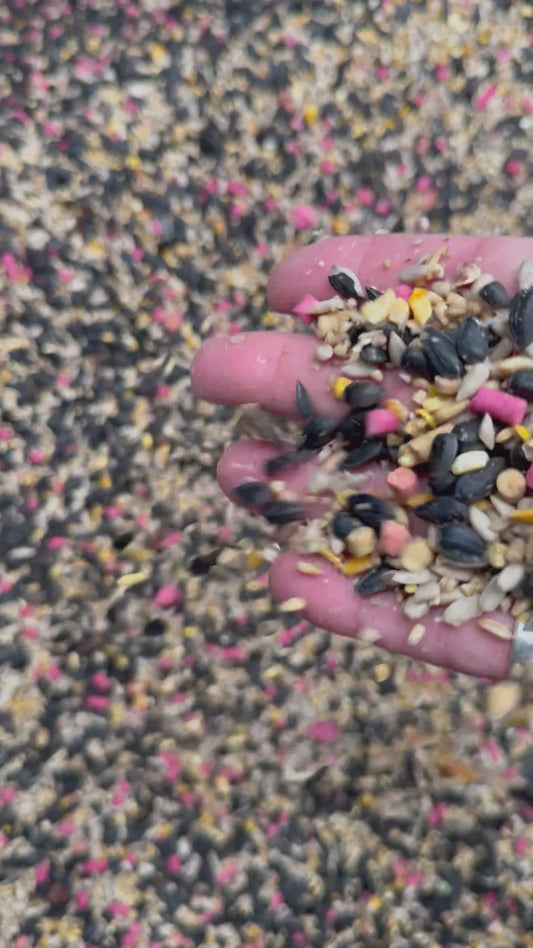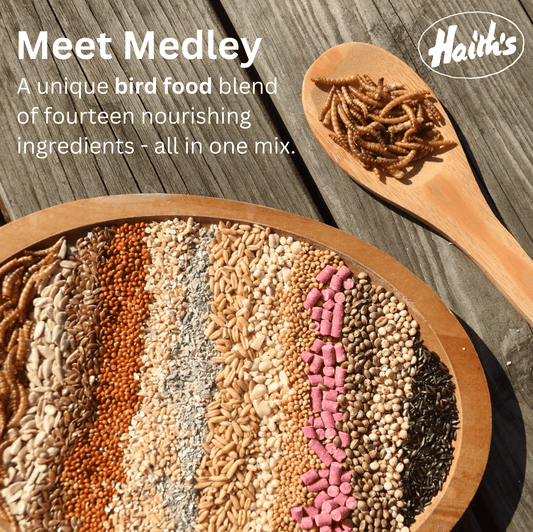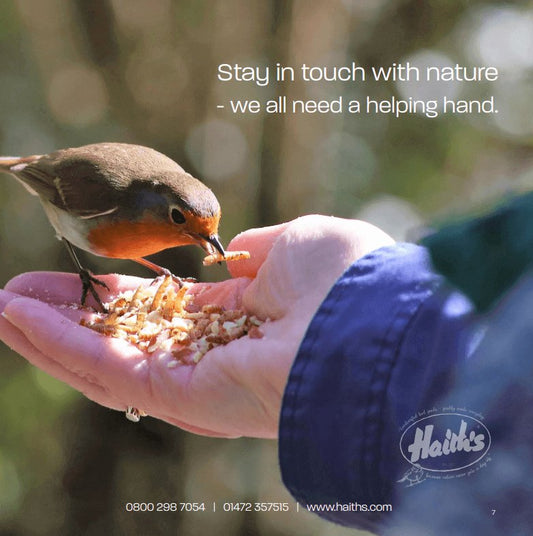Winter Bird Feeding with Haith’s – Best Foods to Keep Garden Birds Thriving
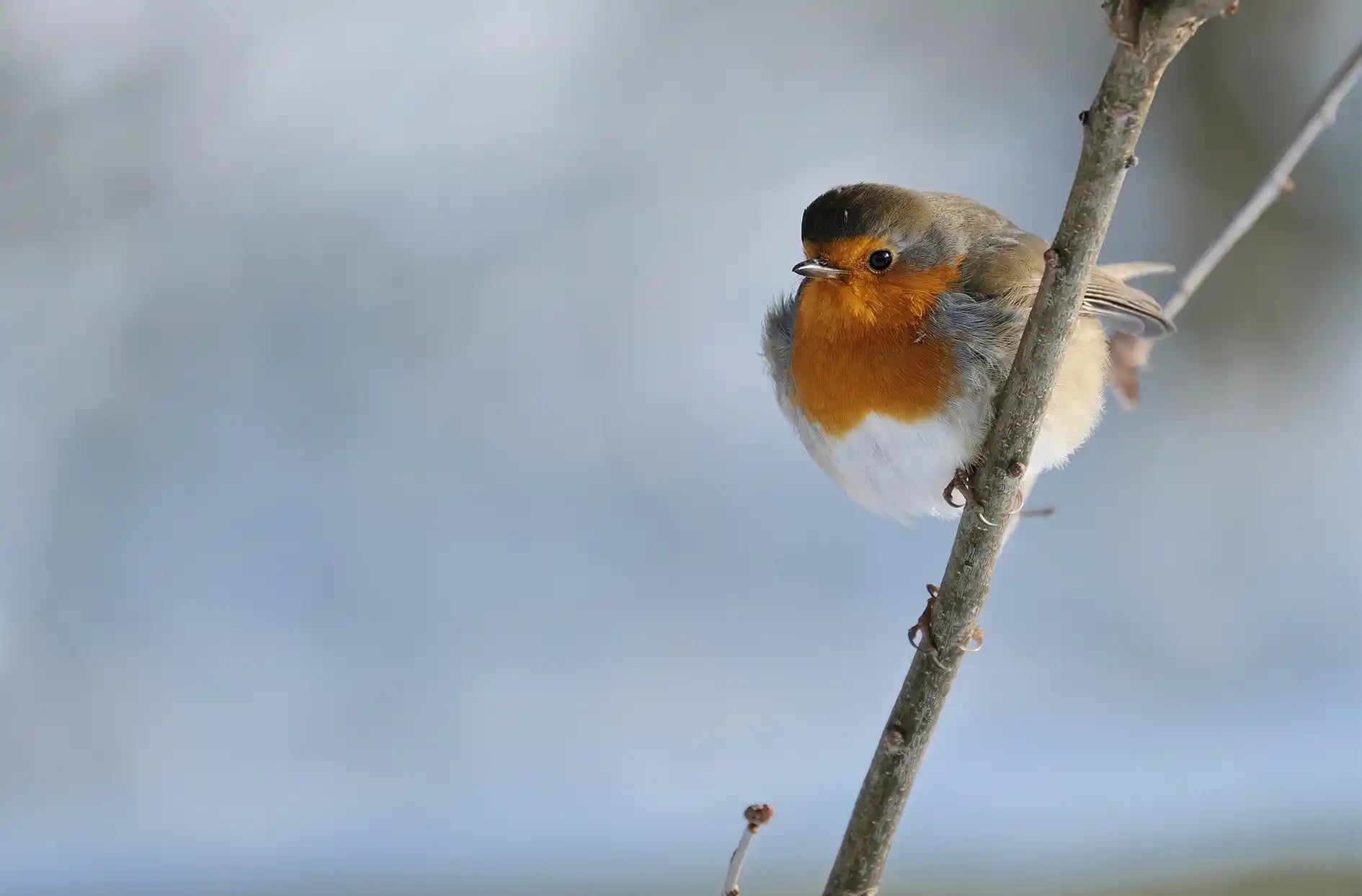
Garden birds lose up to 10% of their body weight overnight in winter. Learn why feeding high-energy foods like Haith’s SuperClean™ seeds, peanuts, and suet helps them survive and thrive.
As the days grow shorter and temperatures plummet, winter becomes a challenging season for garden birds. These small creatures must work harder to survive the cold months, facing a variety of obstacles that make each day a battle for survival. From freezing temperatures
to dwindling food supplies, the difficulties birds encounter in winter highlight the importance of supporting our garden birds during this harsh
season.
The challenges birds face in winter
-

Cold temperatures increase energy demands
Winter’s cold bite forces birds to expend more energy just to maintain their body heat. Unlike mammals, birds do not have thick fur or layers of fat to insulate them. Instead, they rely on their feathers to trap warm air close to their bodies, but even this natural insulation can only do so much when temperatures drop below freezing.
To stay warm, birds fluff up their feathers and shiver, but these actions require energy, which they must replace by eating more food. If they cannot find enough nourishment, they risk hypothermia, which
can be fatal in extreme weather conditions. -

Shorter days mean less time to find food
With daylight hours drastically reduced in winter, birds have far less time to search for food. During the warmer months, they can forage from dawn until dusk, but in winter, they may only have a few precious hours of light to locate enough sustenance to last through the long, cold night.
This time pressure means that any disruption to their feeding patterns—such as a sudden snowfall covering available food sources—can have devastating consequences. Birds must carefully balance their time between searching for food and staying alert to predators, making winter survival
even more demanding. -

Fewer natural food sources available
Winter depletes many of the natural food supplies that birds rely on. Insects, a vital protein source for many species,
are either hibernating or frozen beneath the soil, making them almost impossible to find. Berries and seeds, which sustain many birds in autumn, are quickly consumed, leaving only scarce pickings for the remainder of the season.As a result, birds must rely more heavily on human-provided food sources, such as bird feeders stocked with seeds, suet, and mealworms. Without these extra resources, many birds struggle to meet their daily nutritional needs.
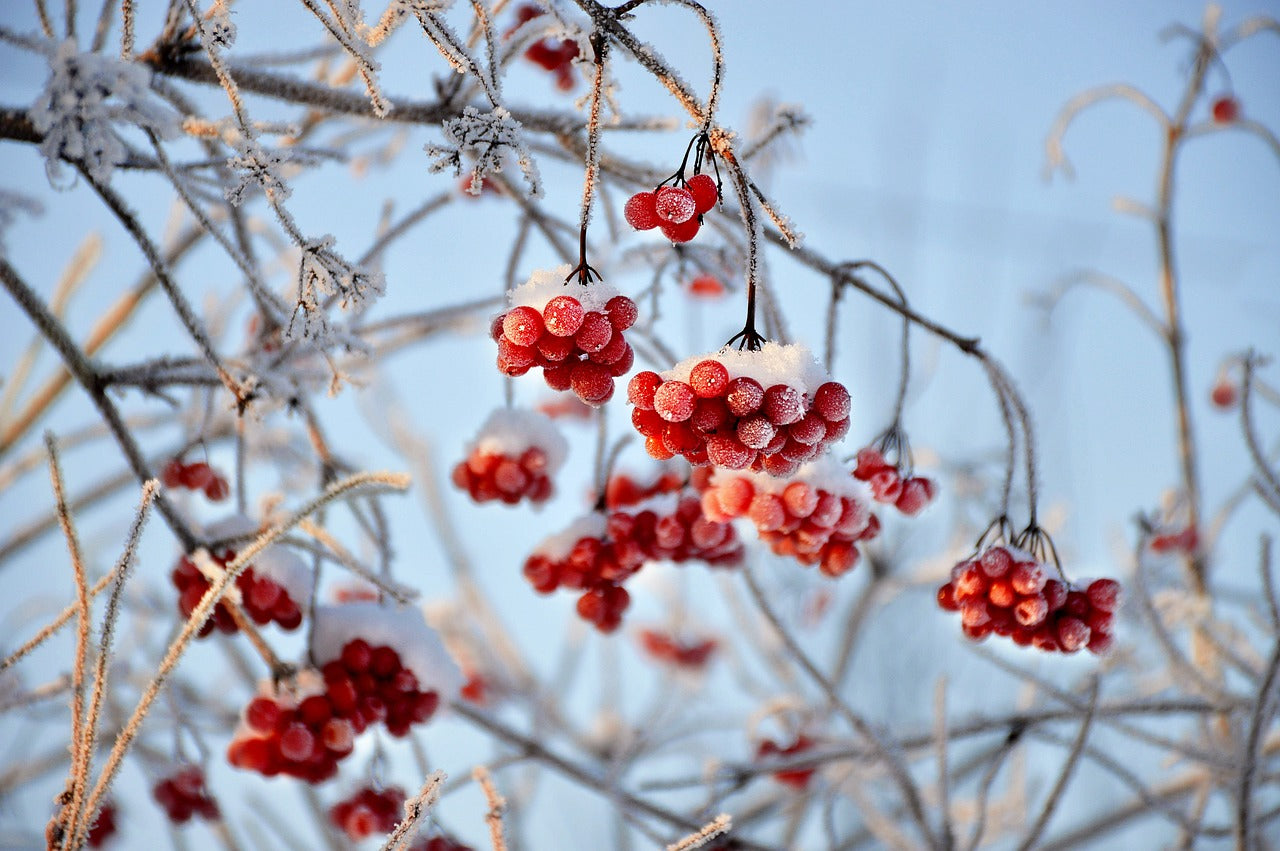
How Much Energy Do Birds Lose in Winter?
For small birds like robins, blue tits, and wrens, winter survival is an ongoing battle against energy loss. These tiny creatures burn through their food reserves at an alarming rate, specially overnight when they cannot replenish their energy stores. A robin, for instance, can lose up to 10% of its body weight in a single night just to stay warm. Similarly, a blue tit must consume up to 30% of its body weight in food each day to maintain its energy levels. If they fail to eat enough during daylight hours, they may not survive until morning.
The importance of high energy foods
Because birds are expending so much energy simply to stay warm, they need food that is rich in calories and fat to help them recover their lost weight.
High-energy foods like sunflower hearts, suet feasts, high energy mixes and peanuts provide much-needed fuel to keep them going. Without these crucial resources, birds become weaker, slower, and more vulnerable to predators and disease.
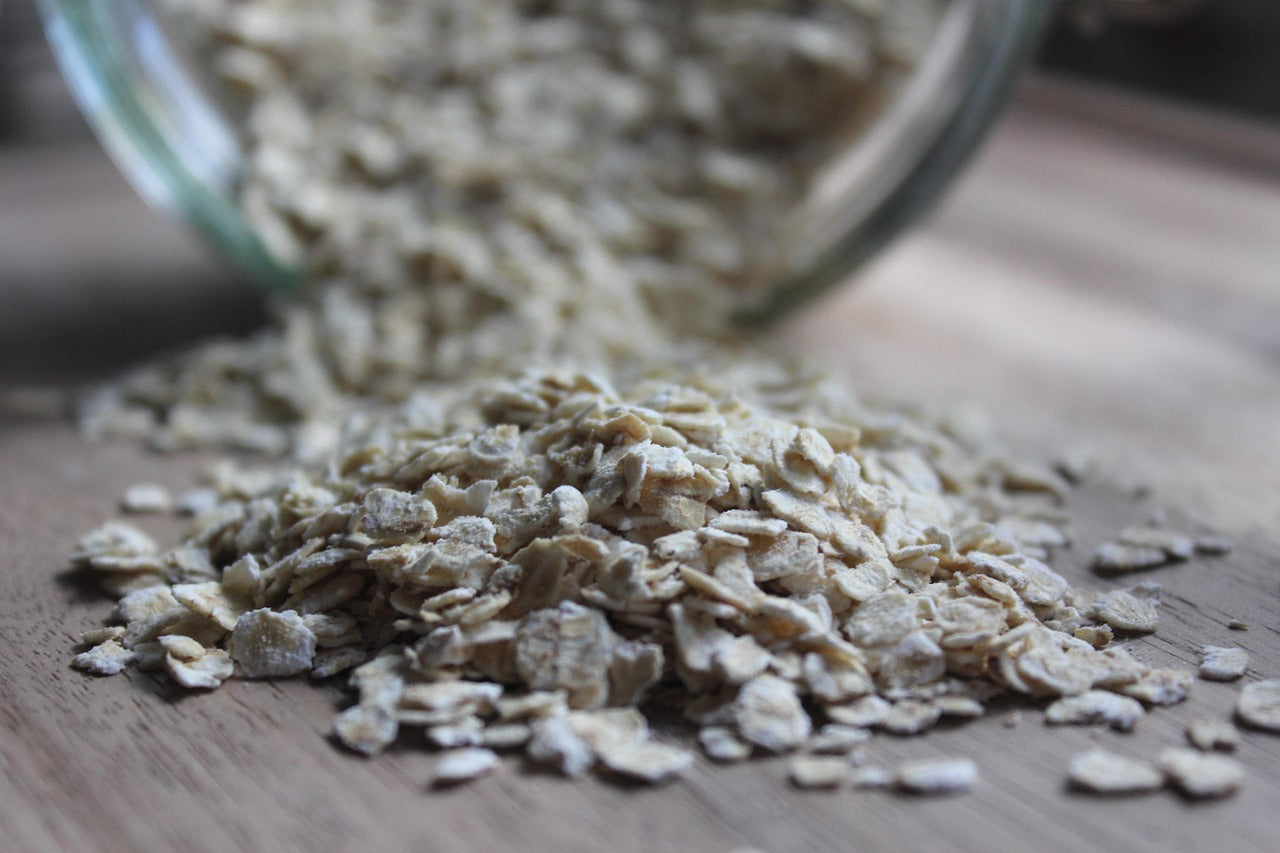
Can birds eat oats?
Your garden birds can eat oats provided they are uncooked. Cooked oats are dangerous to birds as they can become ‘caked’ around the beak. Oats are an excellent source of nutrients for your garden visitors.
How can we help garden birds this winter?
Winter is tough for birds, but here’s how you can support them in the cold months.
Provide high energy bird food
Stock your bird feeders with calorie-rich options such as suet, sunflower hearts, peanuts, high-energy mixes and mealworms. These will give birds the energy they need to survive cold nights.
Keep feeders clean & topped up
Ensure that feeders are regularly cleaned to prevent disease and are always stocked, as birds come to rely on them during food shortages.
Offer fresh water
Water sources often freeze over in winter, making it difficult for birds to stay hydrated. Providing a shallow dish of fresh, unfrozen water can be a lifesaver.
Create shelter
Birds need places to roost and shelter from the cold. Dense hedges, evergreen shrubs, and nesting boxes offer them protection from harsh weather.
Why choose Haith's bird food?
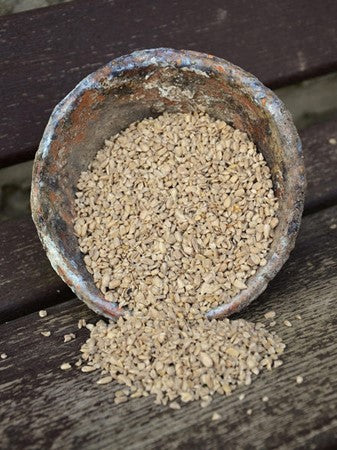
Over 50 wild bird foods available
Premium, clean & nutritious.
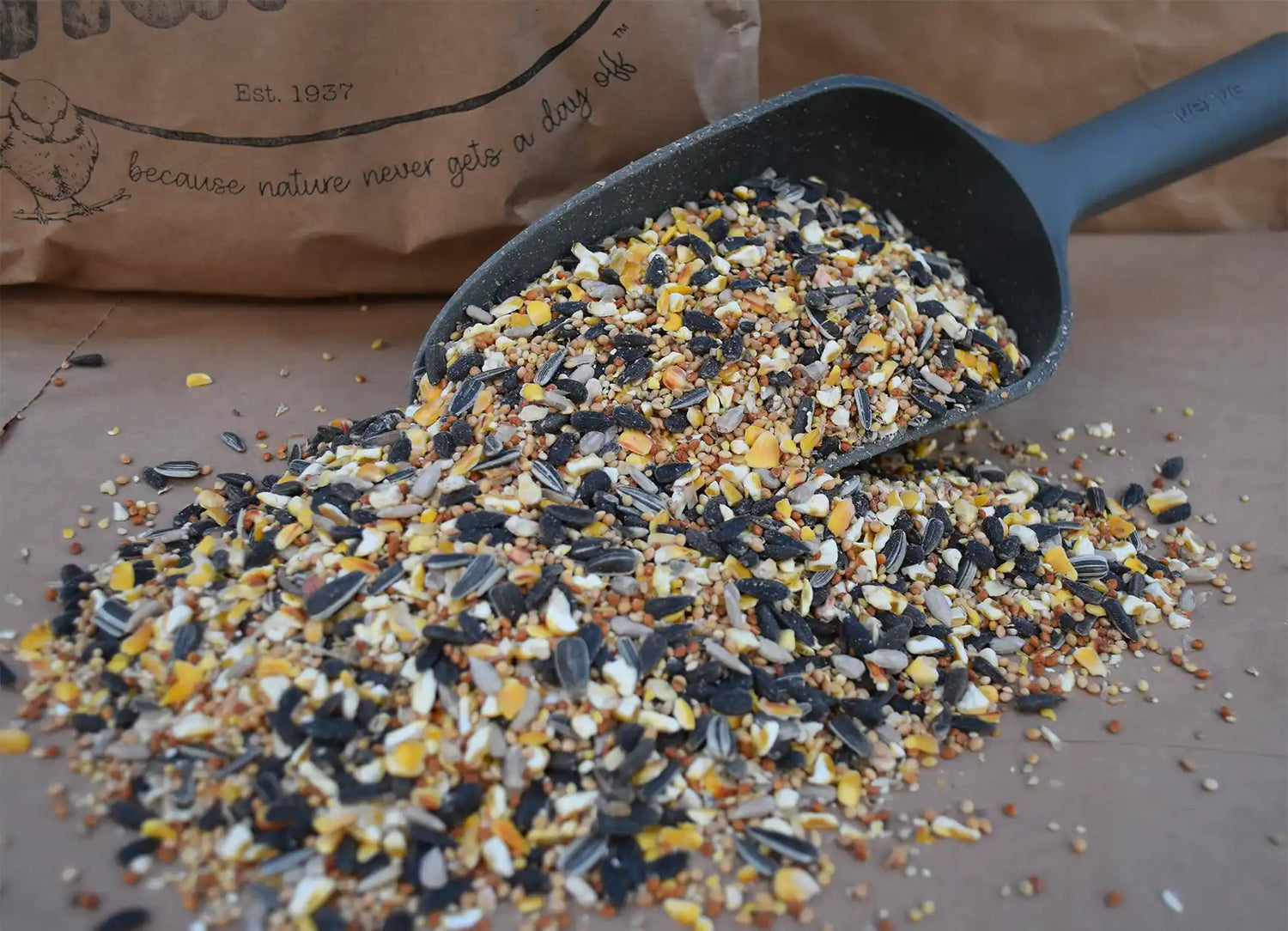
SuperClean™
No dust, no debris, just pure bird food.
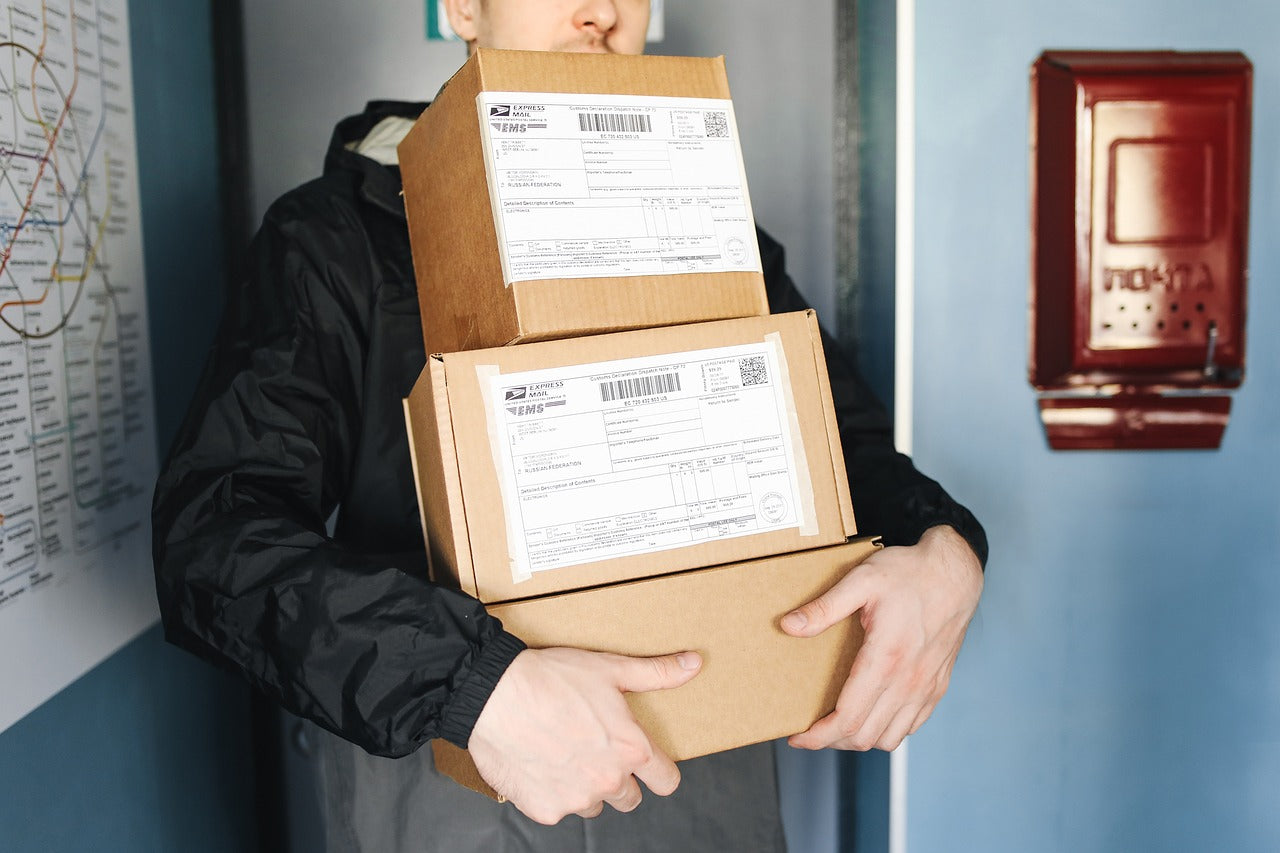
Best selling bird foods
-
Sunflower Hearts - Premium Quality
Vendor:HAITH'S to HOME4.98 / 5.0
(207) 207 total reviews
Regular price From £4.99 GBPRegular priceUnit price / per£4.99 GBPSale price From £4.99 GBP -
Peanuts for Birds - Premium Quality Wild Bird Food
Vendor:HAITH'S to HOME4.8 / 5.0
(103) 103 total reviews
Regular price From £4.28 GBPRegular priceUnit price / per£4.75 GBPSale price From £4.28 GBPSave -
Huskfree Advance™ - No Mess Bird Food
Vendor:HAITH'S TO HOME4.88 / 5.0
(154) 154 total reviews
Regular price From £6.29 GBPRegular priceUnit price / per£6.99 GBPSale price From £6.29 GBPSave -
Fat Robin™ - Soft & Nutritious Bird Blend
Vendor:HAITH'S to HOME4.45 / 5.0
(20) 20 total reviews
Regular price From £4.99 GBPRegular priceUnit price / per£4.99 GBPSale price From £4.99 GBP -
Winterberry™ – High-Energy Winter Bird Seed with Rowan Berries
Vendor:HAITH'S to HOME5.0 / 5.0
(7) 7 total reviews
Regular price From £7.99 GBPRegular priceUnit price / per£7.99 GBPSale price From £7.99 GBP -
Medley™ - High Energy Extra!
Vendor:HAITH'S TO HOME4.94 / 5.0
(17) 17 total reviews
Regular price From £4.99 GBPRegular priceUnit price / per£4.99 GBPSale price From £4.99 GBP -
Premium Wheat-Free Bird Seed Mix - Now with Peanut Granules
Vendor:HAITH'S to HOME4.8 / 5.0
(66) 66 total reviews
Regular price From £5.99 GBPRegular priceUnit price / per£5.99 GBPSale price From £5.99 GBP -
Dried Mealworms for wild birds
Vendor:HAITH'S to HOME5.0 / 5.0
(36) 36 total reviews
Regular price From £6.29 GBPRegular priceUnit price / per£6.29 GBPSale price From £6.29 GBP








